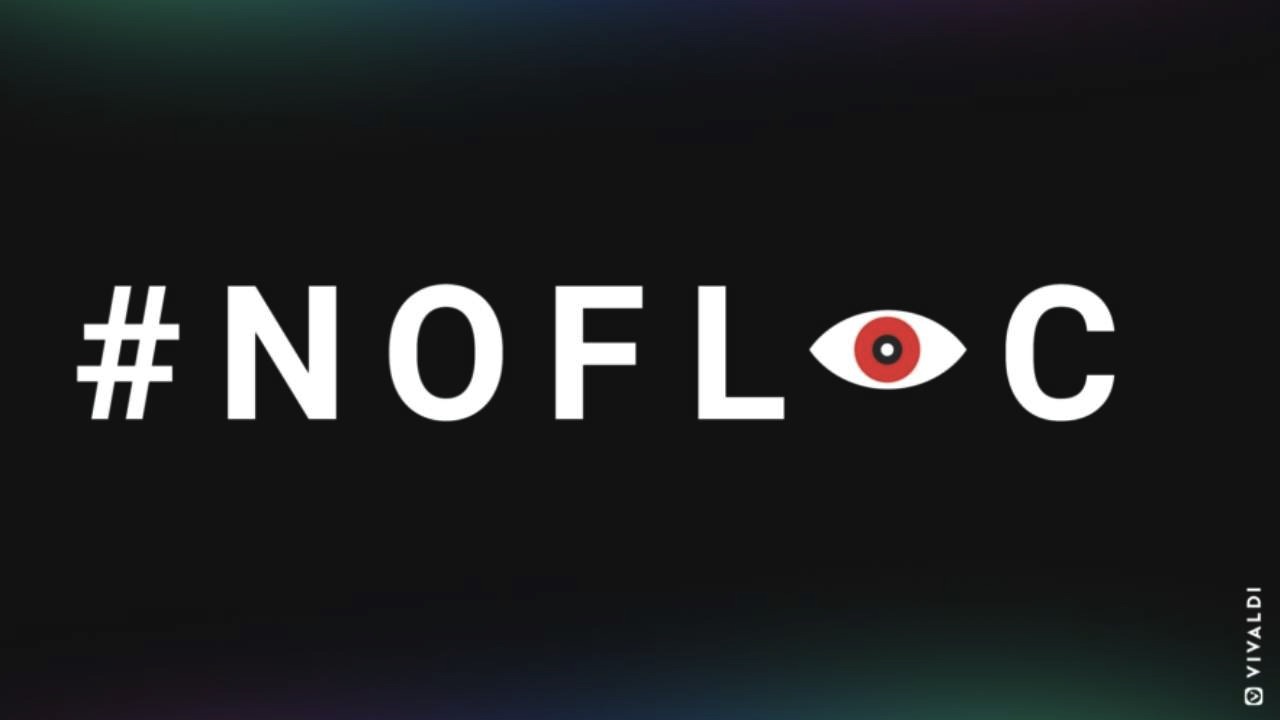
No FLoC. That’s what Brave and Vivaldi have been fighting for. Brave has recently disabled FloC while Vivaldi is saying no to FloC. Google has proposed to implement Federated Learning of Cohorts (FLoC) instead as an improved strategy for privacy and security of users. However, not all parties are happy with the move. Even if FLoC offers advertisers something to look forward to when it comes to profits, it is believed to be worse compared that what’s already being done.
Advocates of mobile privacy are concerned about this thing. Brave and Vivaldi, both developers of Chromium-based browsers, are concerned because there is still group identification. It’s used now instead of individual user tracking and fingerprinting.
According to Google, it’s actually safe because only group IDs are seen by the advertisers. Browsing history data don’t leave the phone, making this system more private. Cohorts (group IDs) with sensitive topics or themes won’t be created as promised by Google.

The issue of privacy and security will always be asked. Some are saying it’s a violation of GPDR laws. The FLoC is also said to gather even more data especially if it’s looking at the browsing history. Cohorts hide individual identities but the browsing history remains available which is still not good for anyone.
Google has meant FLoC to replace the third-party tracking cookies. Brave said it’s actually more dangerous for advertisers, websites, and even users. The idea is that it will allow bigger parties to collect more data and away from the smaller players or parties.









